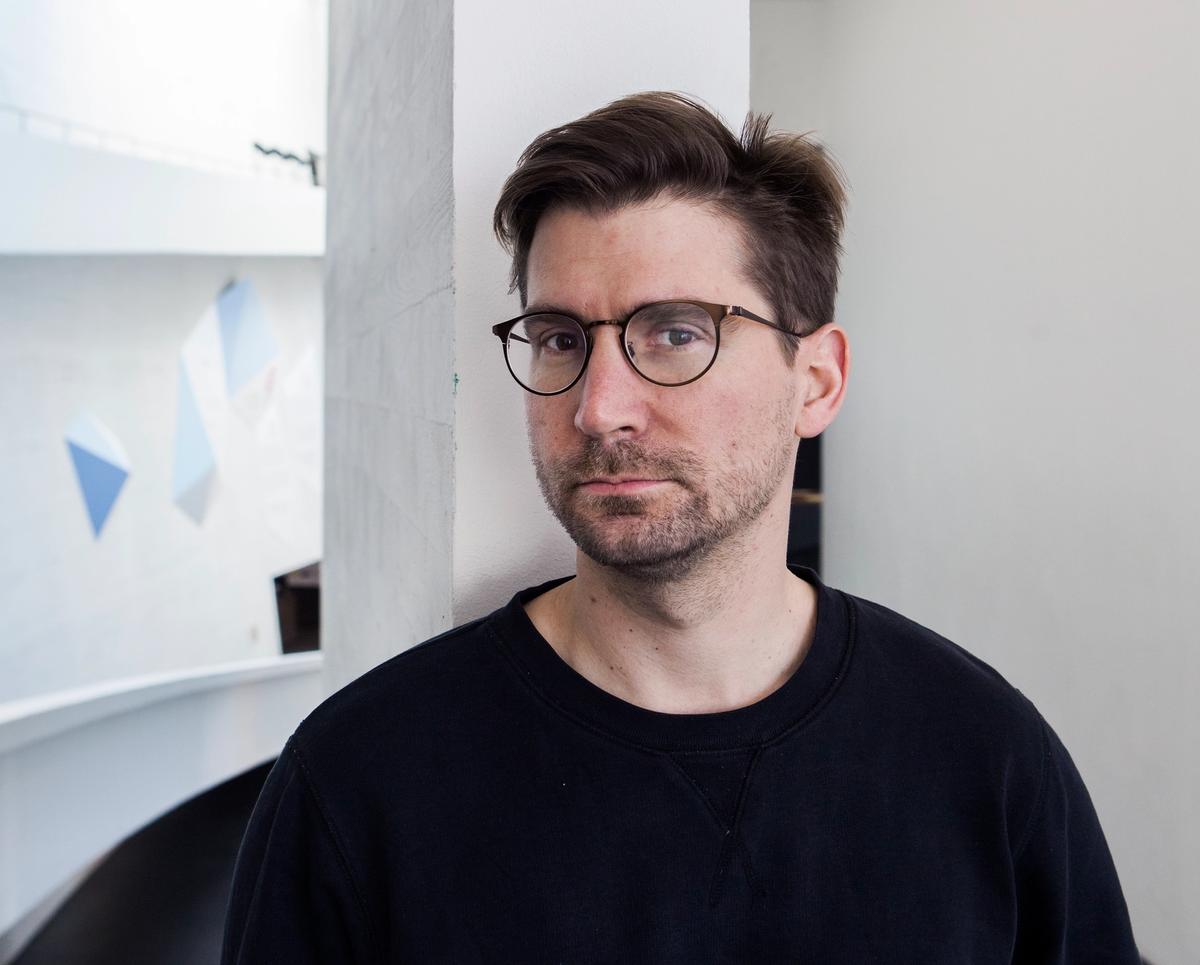The Hirshhorn Museum in Washington, DC, has halted its planned exhibition Jon Rafman: The Ride Never Ends after several women made allegations of misconduct against him on social media, as first reported by the Montreal Gazette. “The Hirshhorn is aware of the allegations and has made the decision not to move forward with the exhibition at this time,” a spokeswoman says. The move follows the suspension of Rafman’s show at the Musée d’art contemporain de Montréal last week.
The Canadian “post-internet” artist was meant to take over the Hirshhorn this autumn for his largest solo show in the US, including famous works such as his ongoing Nine Eyes of Google Street View (2008-present), in which he pulls images drawn from the online mapping project, as well as Dream Journal 2016-2019, a video installation of animations based on his dreams. Rafman was also due to create a new virtual reality work for the museum.
Last week, the Montreal Gazette reported on allegations of misconduct made by several women against Rafman. The first to come forward was Anne-Marie Trépanier, an artist and editor based in Montreal, who originally posted about her experiences in French on her own Instagram page. She met Rafman in 2014, while she was a visual arts student at Concordia University, after adding him as a friend on Facebook. Rafman invited Trépanier to visit his studio late one night and when she saw the artist also lived in the space, she realised the meeting was “not what I thought I was getting into”, she says. “I really thought I was going to his studio and that we would drink some wine and talk about visual arts and his practice, and that I would learn from this experience.” Instead, Trépanier says the conversation with Rafman “very quickly oriented towards us just having sex”. Two other women, one of them anonymous, who met the artist on Tinder, also shared their stories online, describing Rafman’s actions as manipulative.
Trépanier decided to speak out now in part because of a broader wave of accusations of misconduct being made against powerful men in the Quebec arts, music and academic worlds. “What I’m most unnerved about is the culture of silence in the visual arts and cultural industry” that props up such problematic behaviour, she says. “That’s what I'm really mad about.”
In a statement released online last week, Rafman said the women's stories "came as a shock", and stressed that he "always engaged in relationships that were consensual, and certainly never entered any interaction ill-intentioned."
Rafman added in an email to The Art Newspaper: "I want to reiterate that I was deeply saddened by how upsetting these experiences were for the women involved. I empathise with their voices, but I disagree with how these testimonies have been labeled on Instagram and in the press. The relationships described were initiated and maintained by both parties, and they unfolded over an extended period of time; the communications we had were positive, and no grievances were expressed to me until now. In retrospect, I wish I had been more attentive to the intricacies and dynamics of these relationships so I could have better addressed them at the time; this is, of course, a source of profound regret."
Of the cancelled exhibitions, Rafman says: "I understand that institutions are under immense pressure these days to respond to a variety of societal concerns, and moving forward I hope that there is a way to address these issues in a nuanced manner. I believe due process is incredibly important in these situations."
On the same day the accusations against Rafman were posted on social media, the Musée d’art contemporain de Montréal suspended its show of Rafman’s work, which opened on 4 July, “until further notice”. A spokeswoman says the museum “won’t comment any further on the subject”. And after the Montreal Gazette published its story, a PR for the Montreal gallery Bradley Ertaskiran told the newspaper it had “made the decision to stop representing the artist Jon Rafman”, and removed his name and work from its website. The gallery did not respond to our requests for comment.
A spokesman for the gallery Sprüth Magers, which represents the artist, says in a statement that the Berlin, London and Los Angeles-based gallery has been “campaigning for women's rights for decades, and condemn all forms of institutional and individual violence against women. We listen, and will always carefully examine any allegation directed against our employees, our artists or our business partners. Therefore we are investigating this matter internally with the utmost importance.” The gallery recently hosted an online exhibition of Rafman’s Nine Eyes of Google Street View, which closed as planned on Saturday 25 July.


